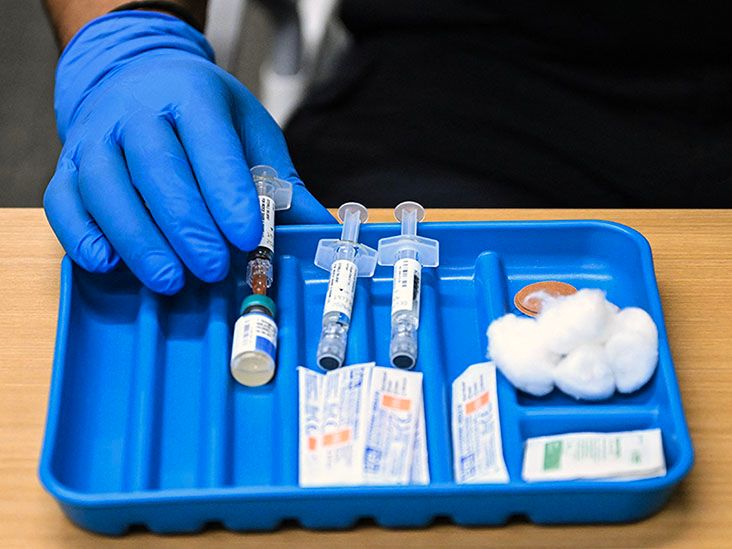Causes of a smelly penis or a foul smell include hygiene habits, infection, and skin conditions. Good hygiene practices and wearing loose, breathable clothing can help manage odors.
Often, people can manage penis odor at home with strategies such as washing regularly, wearing breathable clothing, and avoiding heavily perfumed products around the genitals.
However, in some cases, underlying causes of penis odor require medical treatment.

Below are six potential causes of penis odor.
Smegma
Smegma is an accumulation of dead skin cells and the natural oils that keep the penis moist. If a person does not clean their penis regularly, the smegma can build up, resulting in a thick white substance.
This buildup is more common on uncircumcised penises as it forms around the head of the penis.
In addition to a bad smell, smegma can:
- cause redness or skin discoloration and irritation
- prevent the foreskin from easily moving when the penis is erect
- increase the risk of a bacterial infection
Balanitis
Balanitis is skin irritation on the tip of the penis. Some of the primary causes of balanitis
- not washing enough
- overwashing
- infections
- skin conditions, such as eczema
- allergic reactions to medications, soaps, or condoms
If someone suspects balanitis may be the cause of a bad smell, they can talk with a doctor about possible treatments.
Sexually transmitted infections (STI)
Symptoms of chlamydia include:
- white, watery discharge from the penis
- pain while urinating
- testicle pain
Symptoms of gonorrhea include:
- green, white, or yellow discharge from the penis
- pain or burning while urinating
- inflammation in the foreskin
Treatment
Non-gonococcal urethritis (NGU)
NGU is inflammation of the urethra, which is the tube connecting the tip of the penis to the bladder.
In
Symptoms of NGU may include:
- cloudy or white discharge from the penis
- frequent urge to urinate
- burning or painful urination
- irritation or soreness near the tip of the penis
Yeast infection
A yeast infection occurs when too much of the Candida fungus is present on the penis.
In addition to a bad smell, other symptoms of a yeast infection include:
- burning or itching sensation
- irritation on the penis
- a white substance with a cottage cheese consistency
- unusual moisture on the penis
It is
Urinary tract infection (UTI)
A UTI occurs when bacteria or a virus gets into the urinary tract. UTIs can cause:
- a smelly penis
- pink or cloudy urine
- frequent urges to urinate
- burning sensation when urinating
Risk factors for developing uncomplicated UTIs
- sexual activity
- dehydration
- diabetes
- a urinary catheter
Treating a UTI can help prevent further complications, including kidney problems or the infection spreading beyond the urinary tract.
Practicing good hygiene can help avoid infections and reduce any odor coming from the penis. It is essential to wash the genitals at least once a day with a gentle cleanser and warm water.
After cleaning the penis, a person should make sure the area is completely dry before putting on clothing.
In addition to daily washing, a person should consider taking some additional steps to keep the penis odor-free. These steps may include:
- cleaning the penis after sexual activity
- wearing loose-fitting, breathable clothing
- using barrier protection, such as condoms, during sexual activity
- avoiding sexual activity when either partner has an STI or other infection
- cleaning under the foreskin if uncircumcised
Treating a smelly penis depends largely on what is causing the smell. If a lack of correct hygiene is an issue, a person can gently wash their penis more regularly with warm water.
It is best to avoid heavily scented products on the genitals, as they can irritate the skin and increase a person’s risk of infections. People can also refrain from using cologne, scented cream, or other perfumes directly on the penis.
If a person suspects they have an infection, they should see a healthcare professional for a diagnosis and treatment. Treatment will depend on the underlying issue but may include medications, such as antibiotics or antifungals.
A person should see a doctor if any of the following symptoms accompany a smelly penis:
- unusual discharge
- pain or burning during urination
- increased need to urinate
- irritation and redness or skin color changes on the outside of the penis
A doctor can diagnose the underlying issue and recommend suitable treatment.
In some cases, penis odor can indicate an STI. Other potential signs of an STI include discharge from the penis and pain when urinating.
If someone suspects they have an STI, they should refrain from sexual activity and speak with a healthcare professional.
Research suggests that certain foods, such as garlic and meat, can influence a person’s general body odor. However, no research currently links dietary factors to penis odor.
If a person has dry or sensitive skin, scented products may cause skin irritation and worsen symptoms such as penis odor. Regularly washing with fragrance-free products may be more suitable to reduce the risk of odors.
In most cases, a person can treat penis odor with simple techniques at home, including regularly washing with a gentle soap or cleanser and wearing breathable clothing.
If other symptoms are present, such as pain, irritation, or discharge, it is best to see a doctor for a proper diagnosis. In some cases, infections can cause penis odors. These may require medical treatment.


